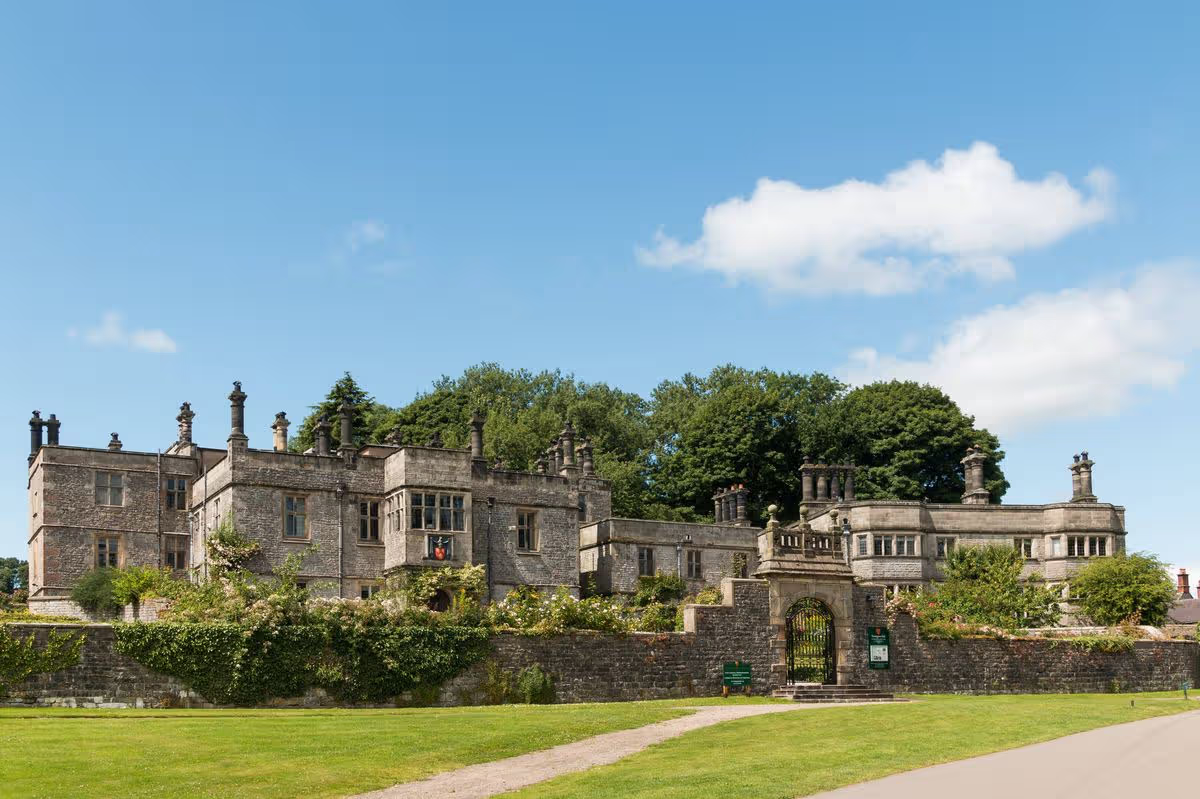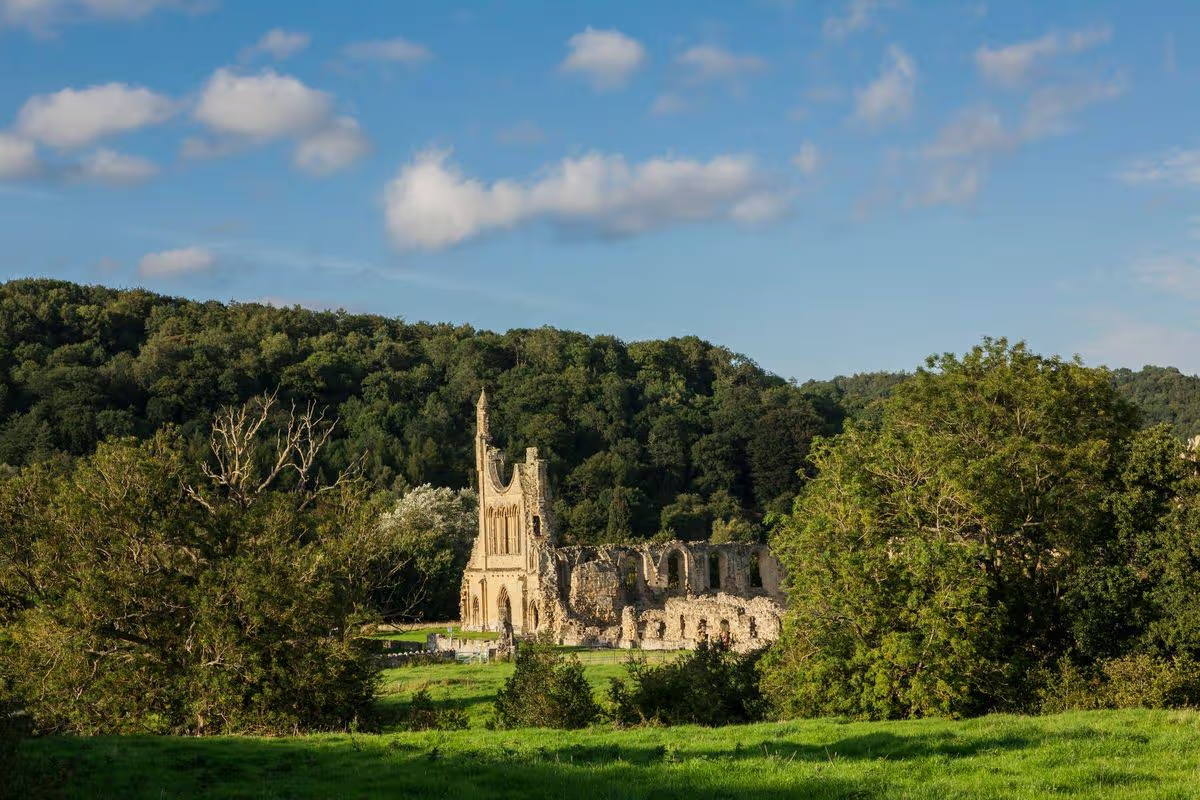Nestled in Derbyshire, this charming village of fewer than 200 people boasts a stunning Jacobean manor house dating from 1609, traditional tearoom and a 13-mile scenic trail
This picturesque village has less than than 200 residents and has been carefully preserved to maintain its quintessentially English character and heritage.
Tissington stands out as the perfect postcard destination – a serene Derbyshire village offering visitors an incredibly tranquil escape. Dotted with charming cottages constructed around a magnificent Hall, complete with a duck pond and traditional tea rooms, the location exudes old-world appeal.
Its remarkable conservation is credited to the FitzHerbert family, who’ve maintained ownership for more than four centuries whilst remaining active members of the community. The affluent family resides at the Hall, which forms Tissington’s beating heart.
Their ancestral connection runs so profoundly through the area that the local church, St Mary’s, features numerous tributes to departed family members.
Best Derbyshire holiday cottage deals

Derbyshire is known for its dramatic Peak District landscapes, historic market towns and stately country houses. Sykes Cottages has hundreds of places to stay, with prices from £32 per night.
Tissington Hall
Standing proud at the village centre is the stunning hall, originally constructed back in 1609 by Francis FitzHerbert as a Jacobean manor house. Sir Richard inherited the property in 1989 and currently lives there alongside his wife and their four children.
It holds distinction as one of merely 300 properties across Britain where direct descendants of the original builder still reside. Season after season, the family continues welcoming visitors to the estate, offering access to explore the magnificent interiors and spectacular flourishing gardens.
Entry currently costs £16 for adults, whilst children under five can access the grounds free of charge. The site welcomes visitors between 12pm and 3pm, with guided tours available every half hour by appointment.
Food and Drink
Tucked away in this charming village sits the beloved Herbert’s Tearoom, providing the perfect pit stop for ramblers and cyclists exploring the Peak District. The tearoom dishes up mouth-watering cakes alongside tea and coffee in a quintessentially British atmosphere, with seating available both inside and outdoors.
A satisfied visitor recently posted on TripAdvisor: “We love visiting this beautiful tea room for a light lunch, especially after a leisurely stroll around the peaceful and relaxing village. Excellent food, very pleasant and attentive staff, reasonable prices and consistently high standard of customer service.”
Though Tissington lacks a traditional countryside pub within its boundaries, several excellent spots can be found on the village outskirts. The Old Dog in nearby Thorpe prides itself on delivering ‘unfussy’ quality grub in a welcoming atmosphere, championing locally sourced produce.
Further along, guests can enjoy a meal at the Sycamore Inn in Parwich or pop in for a pint at the Coach and Horses in Ashbourne. Despite its tranquil, remote character, the village sits within easy reach of numerous superb Derbyshire dining spots.
Tissington Trail
Stretching 13 miles across the Peak District, the Tissington Trail has become a firm favourite with ramblers, following the path of a former railway line. The route is largely level, making it highly accessible, while still delivering breathtaking views and the chance to explore the charming village of Tissington.
Originally part of the London and North Western Railway connecting Buxton and Ashbourne from 1899, the line was eventually shut down. Nearly seven decades later, the Peak District National Park acquired the land and transformed it into the beloved trail, creating a vehicle-free haven for walkers and cyclists alike.
One visitor wrote: “We all went out as a family and had a brill day. The routes are well maintained and are fairly flat apart from the odd big hill. The scenery and views are stunning, and it’s not too busy.”
Another claimed: “We walked from Ashbourne to Tissington, and the route was lovely, with some great scenery. We particularly liked the old Tissington railway station, where we stopped for a picnic before wandering around the village and walking back again.”




